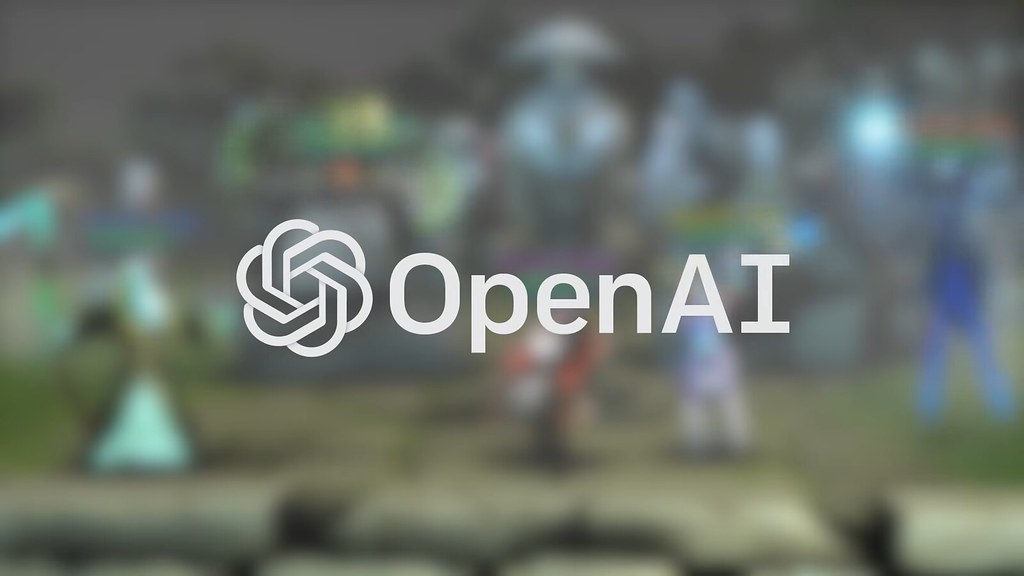In the rapidly evolving landscape of artificial intelligence, the clash between industry titans can resemble the plot of a cyberpunk novel. The latest chapter in this saga unfolded as OpenAI, a leading AI research lab, vehemently denied allegations made by Tesla CEO Elon Musk in a lawsuit claiming the company had strayed from its original mission as a nonprofit entity. OpenAI’s legal response, filed on March 6, paints a picture of a dispute rooted not in philanthropic principle, but in commercial rivalry and personal vendettas.
OpenAI’s filing, submitted to California’s superior court for San Francisco County, refutes Musk’s assertion that there was a “Founding Agreement” mandating the firm to operate as a nonprofit. The document states, “There is no Founding Agreement, or any agreement at all with Musk, as the complaint itself makes clear.” This rebuttal strikes at the heart of Musk’s lawsuit, which accuses OpenAI of prioritizing profit over humanity after taking significant investment from Microsoft.
The origins of this conflict trace back to 2015 when Musk and OpenAI CEO Sam Altman co-founded the AI lab. However, their partnership frayed, and Musk departed in 2018 following disagreements over the company’s direction. Since then, OpenAI has gained prominence with innovations like ChatGPT and DALL-E, while Musk has launched his own for-profit AI firm.
Musk’s legal action suggests that OpenAI’s partnership with Microsoft, which has invested over $10 billion in the company, represents a betrayal of their original vision. He contends that OpenAI’s certificate of incorporation with the Delaware secretary of state “memorialized” their commitment to remain nonprofit. Yet, OpenAI’s response dismisses this claim, emphasizing the absence of any such contract and labeling Musk’s lawsuit as an attempt to “lay unearned claim to the fruits of an enterprise he initially supported, then abandoned, then watched succeed without him.”
The filing goes further, insinuating that Musk’s motivations are less about altruism and more about gaining a competitive edge. It suggests that Musk’s actions are driven by envy over OpenAI’s achievements and a desire to co-opt their success for his own ventures. OpenAI’s blog post last week echoed this sentiment, revealing that Musk had once supported the idea of OpenAI becoming a for-profit entity but had sought control over the company.

Despite the acrimonious exchange, OpenAI has continued to thrive, with ChatGPT boasting over 100 million weekly users as of November. The company’s dual structure, comprising both a nonprofit overseen by a board and a for-profit arm partially owned by Microsoft, has allowed it to attract top talent and substantial investment. This hybrid model, while controversial, has been defended by OpenAI as necessary to fulfill its mission given the capital-intensive nature of AI research.
As the legal battle unfolds, OpenAI has requested the court to designate the case as “complex,” indicating the intricate nature of the issues at stake, which span nearly a decade and involve the frontier of AI technology. OpenAI’s stance is clear: the lawsuit is a strategic move by Musk to reclaim a stake in the AI advancements he once supported but later chose to leave behind.
The outcome of this dispute may have far-reaching implications for the AI industry, shaping how emerging technologies are developed, shared, and commercialized. As both parties prepare for the possibility of a jury trial, the tech world watches with bated breath, anticipating the next turn in this high-stakes legal drama.
Related posts:
OpenAI calls Elon Musk’s lawsuit ‘frivolous’ and ‘incoherent’ in legal filing
OpenAI denies Elon Musk’s claim there was a ‘founding agreement’ to keep AI firm a nonprofit
OpenAI denies Elon Musk lawsuit claim that there ever was founding agreement





